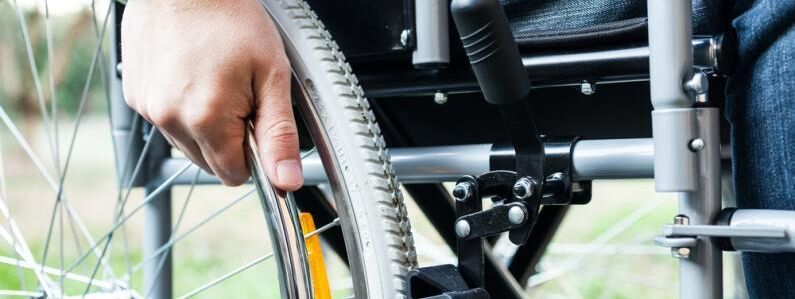Assisted Suicide
Disability groups oppose fresh attempts to legalise assisted suicide

Disability rights groups are voicing strong opposition as Lord Falconer attempts to change the law on assisted suicide for the seventh time.
His Assisted Dying for Terminally Ill Adults Bill was drawn second in the House of Lords ballot, renewing his push despite previous failures.
Major disability groups, including Disabled People Against Cuts (DPAC) and Not Dead Yet UK, have been vocal in their opposition.
DPAC recently held a protest in Parliament Square, urging the new Labour Government to reject any moves towards legalising assisted suicide.
Not Dead Yet UK expressed deep concern about the Falconer Bill, stating, "Like many disabled people, we are conscious that attempts to build legalised suicide into healthcare can be profoundly discriminatory – if a non-disabled person wants to die, their doctor does not give them the means to kill themselves.”
They added, “We want the same care and respect to be given to terminally ill people if they are suicidal.”
Instead of legalising assisted suicide, the group advocates for improved access to palliative care and addressing the underlying issues of dignity and feelings of being a burden.
They also argue that proposed safeguards will fail to protect disabled people, saying, “In reality, these safeguards are virtually impossible to implement effectively.”
Polling commissioned by SCOPE shows that the majority of people with disabilities (64%), including nearly three-quarters of young disabled people, are concerned about legalising assisted suicide.
Many worry it could lead to pressure on disabled individuals to end their lives prematurely.
Catherine Robinson, spokesperson for Right To Life UK, commented, "It should come as no surprise that no major disability advocate groups in the UK support a change in the law to introduce assisted suicide."
She emphasised that Parliament has consistently rejected Lord Falconer’s proposals, and that the focus should be on palliative care, not assisted death.
Share
